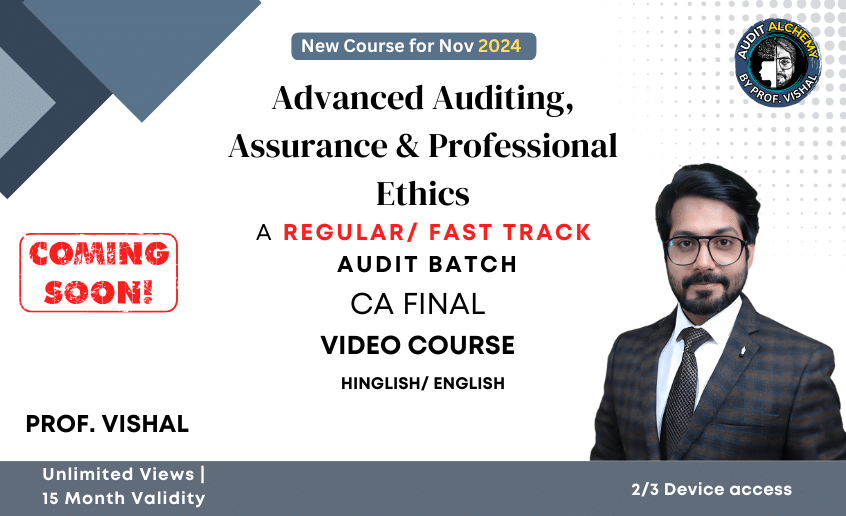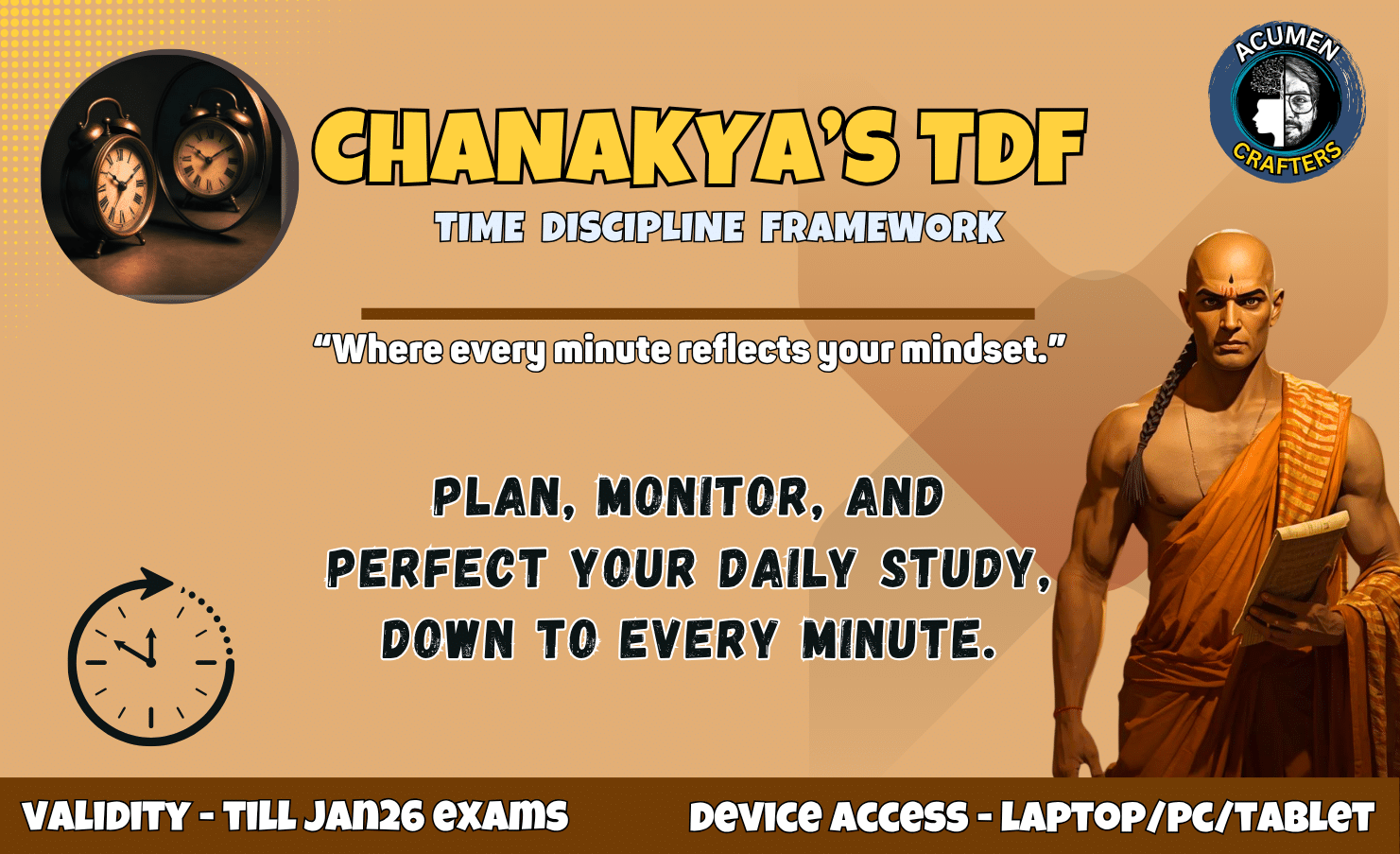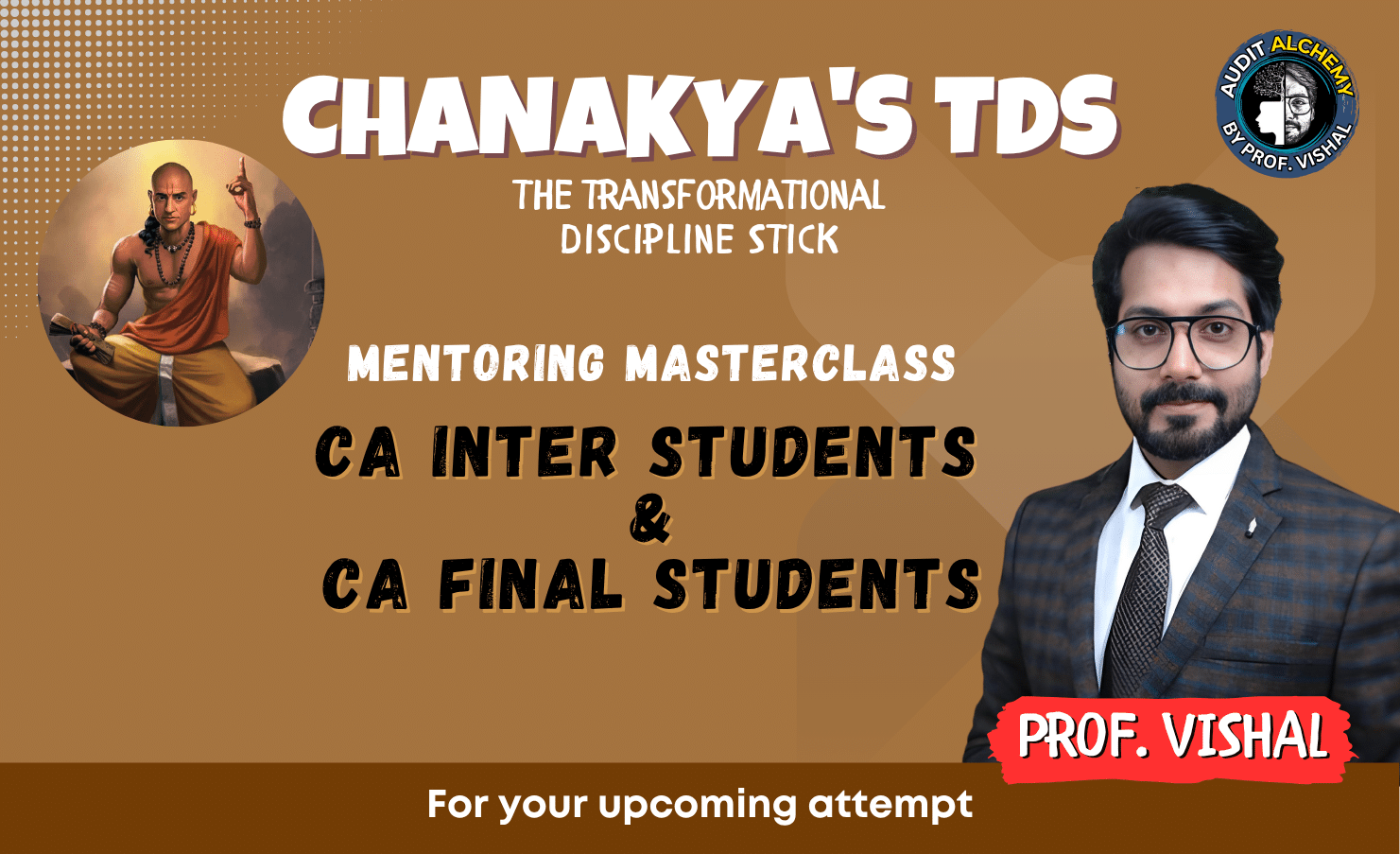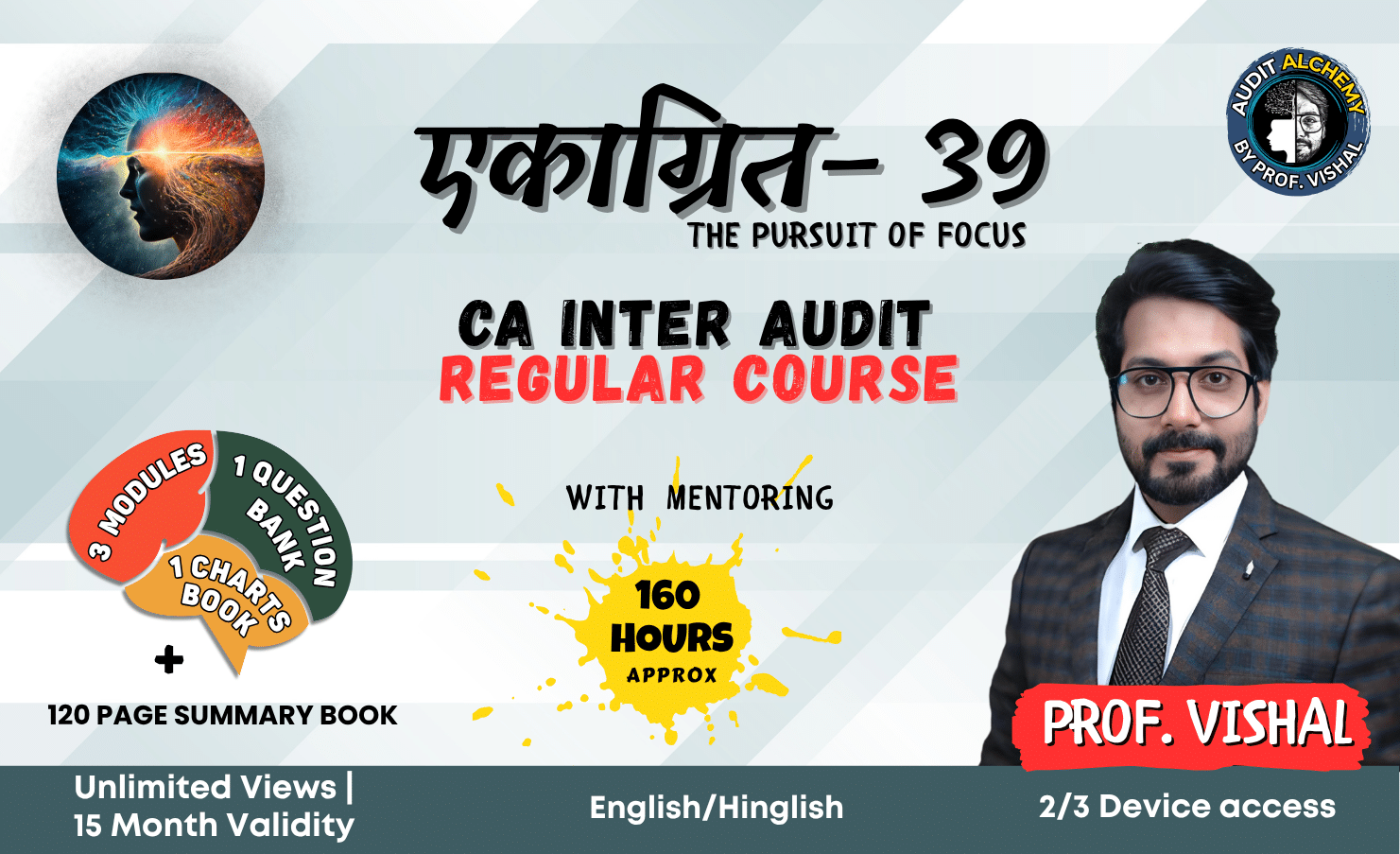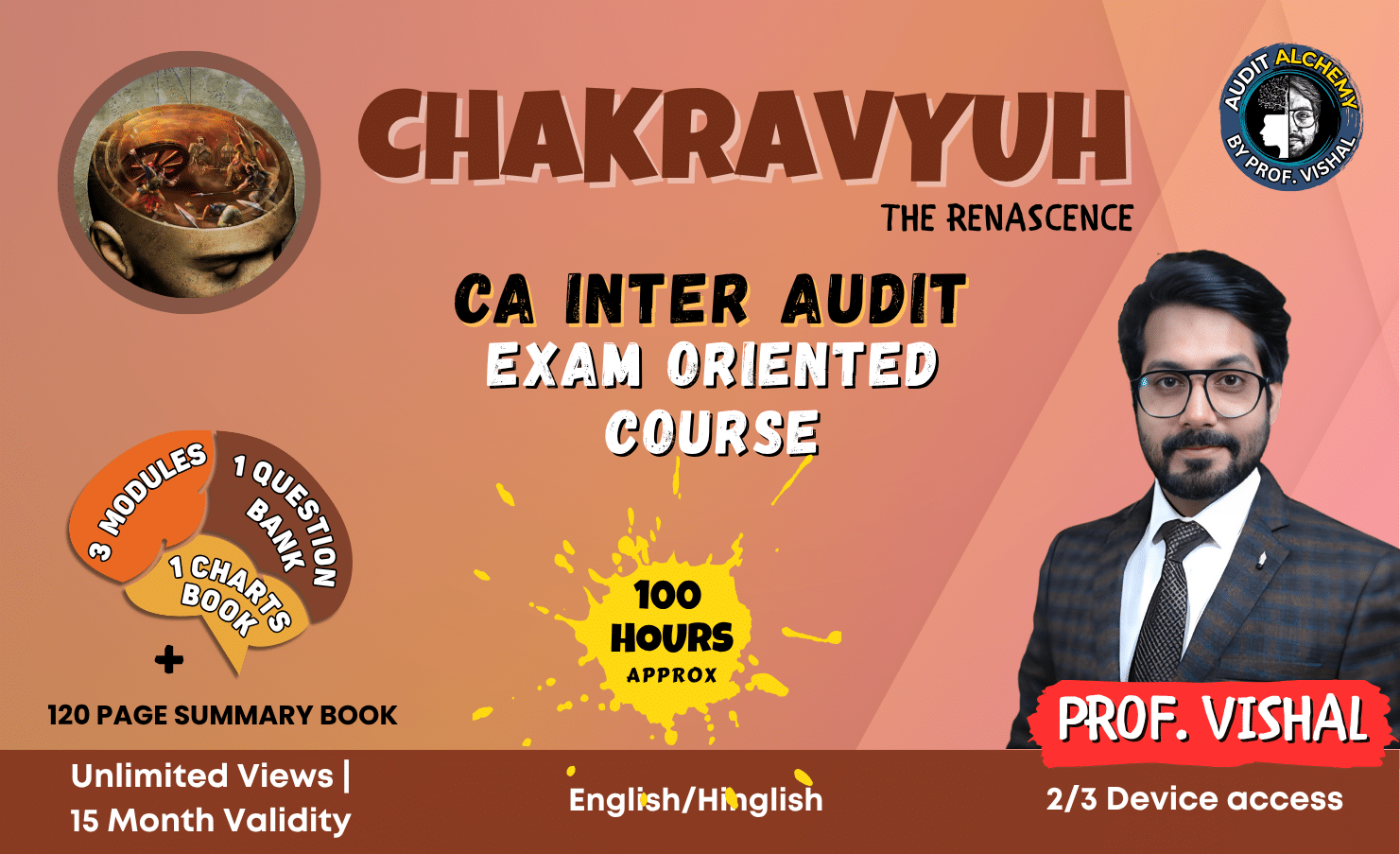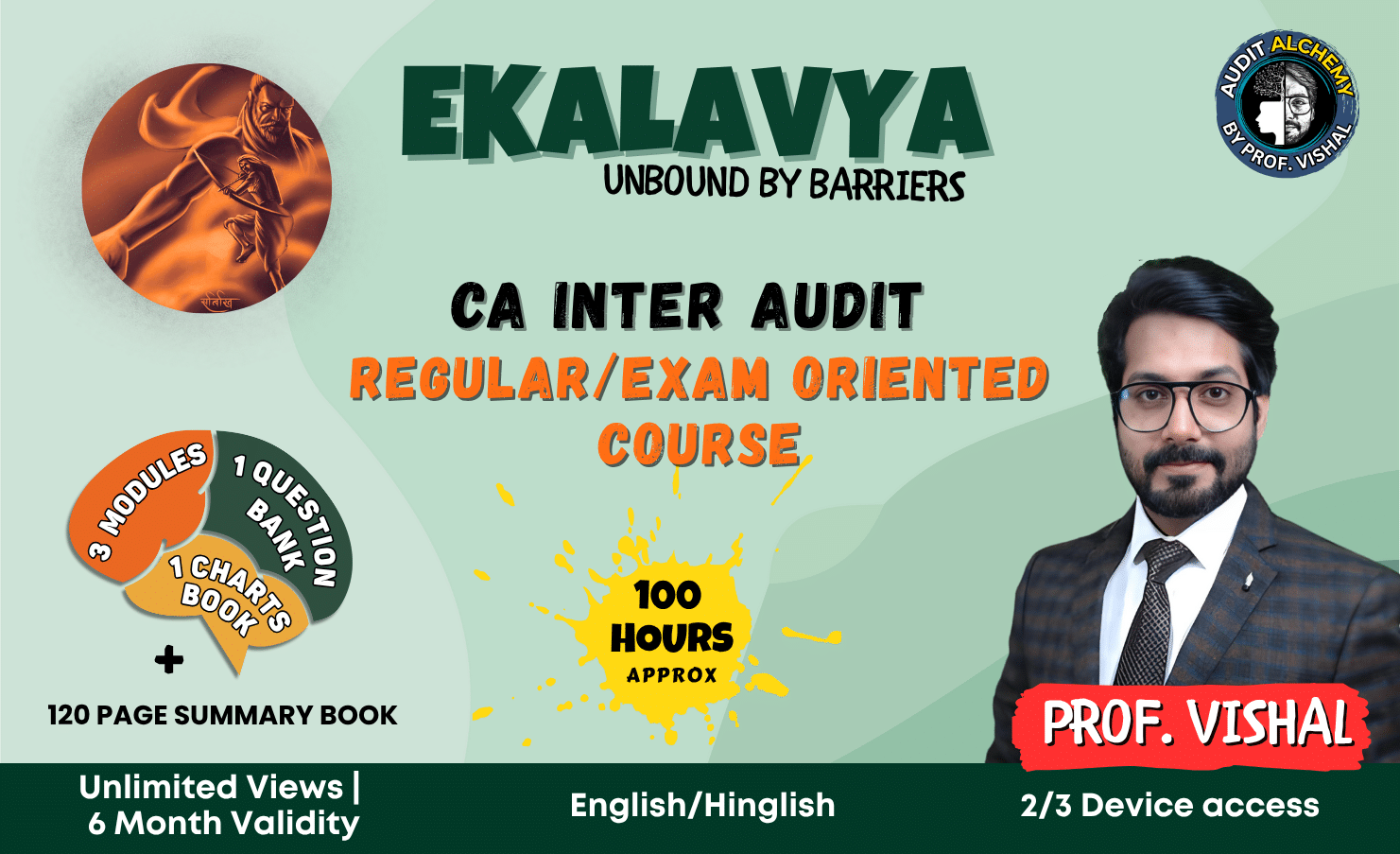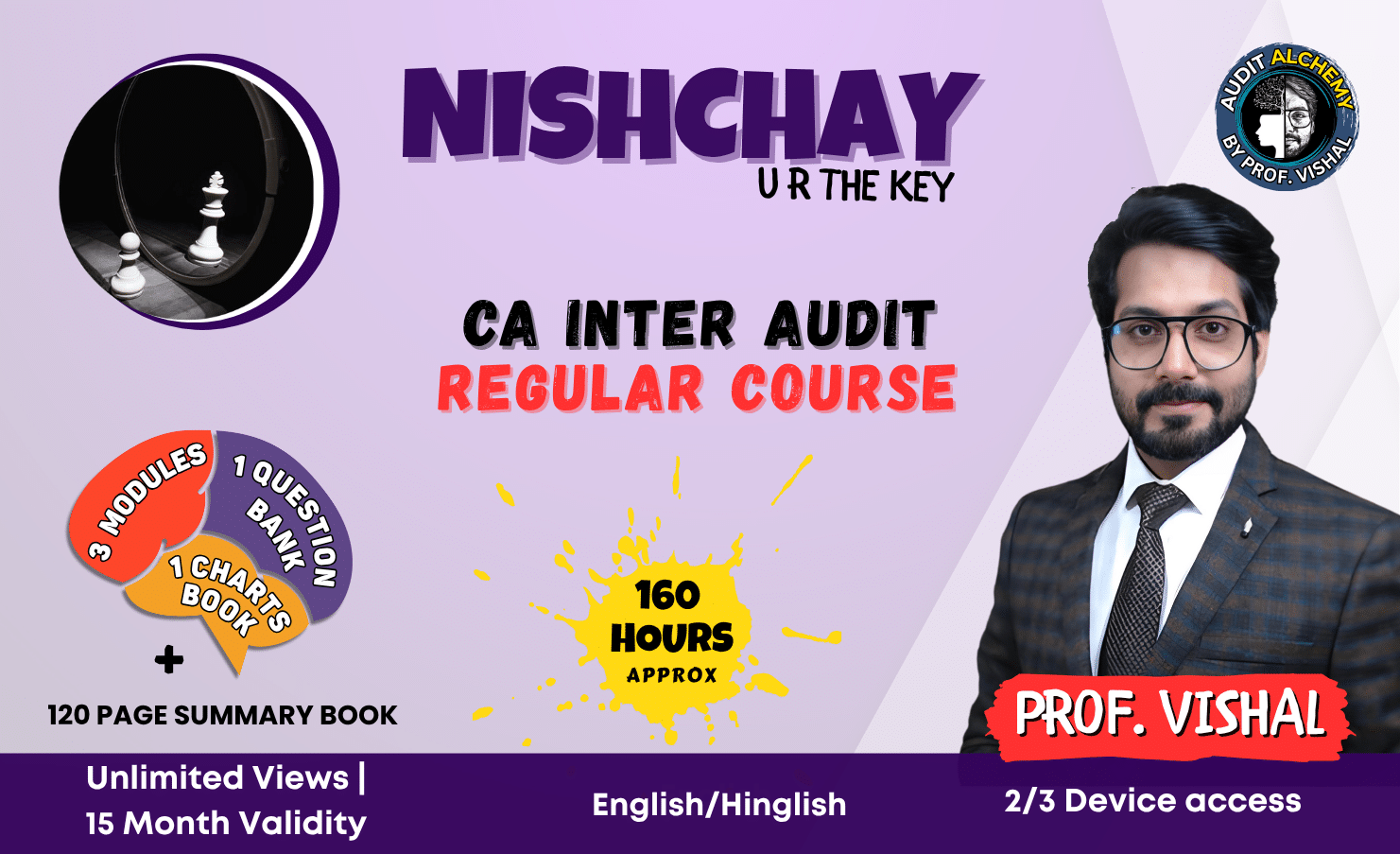Have you ever pondered the significance of mastering exam preparation techniques and their potential to enhance your academic performance? What’s the key to the remarkable achievements of top performers? How can you navigate the extensive syllabus with finesse and grasp every aspect thoroughly?
If these questions have crossed your mind, it’s vital to recognize that the success secrets of top scorers aren’t concealed mysteries. Instead, they rely on straightforward learning methodologies that you too can adopt.
In the following sections, we’ll delve into essential study tips applicable to students across various educational streams, whether it’s high school students in classes 11 and 12 or those pursuing professional courses such as the CA qualification. Embrace these study tips to position yourself as a high achiever and excel in your examinations.
Strategies for Smart and Effective Studying
1. Organize Your Schedule
Allocate dedicated study periods for each day and map out your study routine. Additionally, determine your study objectives in advance to optimize your time usage. This proactive approach not only enhances efficiency but also facilitates early completion of the syllabus. Initiate your planning from the outset, or if you’re seeking ways to tackle the syllabus within a month before exams, these tips can be your guiding light.
2. Craft Your Study Environment
Your study environment significantly influences your preparation efforts. While you may not have control over your classroom setting, you can curate an ideal study space at home or during self-study. Creating a conducive ambiance for studying aids in maintaining focus and harnessing the utmost from your study sessions.
3. Banish Distractions
Numerous distractions can divert your attention from your educational goals. Prioritize concentration by eliminating potential distractions from your surroundings. In today’s world, social media and mobile games pose significant diversions.
Ask yourself if these activities contribute to your studies. If you find that external factors like friends, siblings, or other family members disrupt your concentration, courteously request them to respect your study time.
4. Seek Knowledge, Not Just Grades
Approach your studies with genuine curiosity and a thirst for knowledge. When you study a subject earnestly and comprehend its intricacies, the acquired knowledge endures. While focusing solely on exam scores might yield short-term successes, the depth of understanding achieved through genuine learning has a lasting impact.
5. Gain Expert Guidance and Clarify Doubts
One pivotal piece of advice is to seek proficient guidance for each of your subjects. Learning from accomplished educators equips you to grasp concepts comprehensively and tackle exam questions skillfully. Should you encounter challenges, don’t evade them—instead, address uncertainties by asking questions and seeking clarification.
6. Practice, Revise, Evaluate, Reflect, and Enhance
Embrace a straightforward exam strategy—practice writing answers to questions. Merely reviewing steps won’t suffice; it’s vital to actively solve problems. Regularly revise topics to reinforce your understanding. Put your knowledge to the test through practice assessments, assessing your performance critically, and identifying areas for improvement. Dedicate extra practice to areas where you lack confidence.
7. Bonus Insights for Effective Studying
Maintain both your physical well-being and mental tranquility during your study sessions. To achieve this equilibrium, adhere to these fundamental principles:
• Prioritize Self-Care: Maintain a balanced diet and engage in regular exercise. Good health optimizes your time management.
• Incorporate Breaks: Short breaks between study sessions don’t hinder productivity; they enhance it.
• Embrace Quality Sleep: Aim for 7-8 hours of sleep each night. Sacrificing sleep for study is counterproductive.
• Select Music Thoughtfully: If you prefer studying with music, choose instrumental tracks that don’t disrupt focus.
• Embody Consistency and Discipline: Cultivate a disciplined approach and maintain consistent study habits.
8. Mastering Techniques for Memorization
Certain topics in your syllabus might pose challenges in memorization, such as lengthy processes with numerous steps or lists of names and dates. In these scenarios, consider the following strategies:
• Utilize Mnemonics: Employ the mnemonic technique, a tried-and-true method for recalling processes, steps, names, or dates.
• Harness Visual Associations: Leverage visuals like presentations, diagrams, mind maps, and flowcharts to enhance memorization.
• Repetition Reinforces: Repeatedly writing down content deepens your memory retention. Experiment with diverse writing tools and styles for added effectiveness.
• Embrace Chunking: Break down complex information into manageable segments for easier memorization, just as you would with phone numbers or account numbers.
In conclusion, these exam-focused study tips offer valuable insights. Begin integrating these strategies to foster a rewarding learning journey. Keep in mind the importance of genuine interest in learning, efficient time management, and steadfast discipline in your pursuit of academic excellence.




